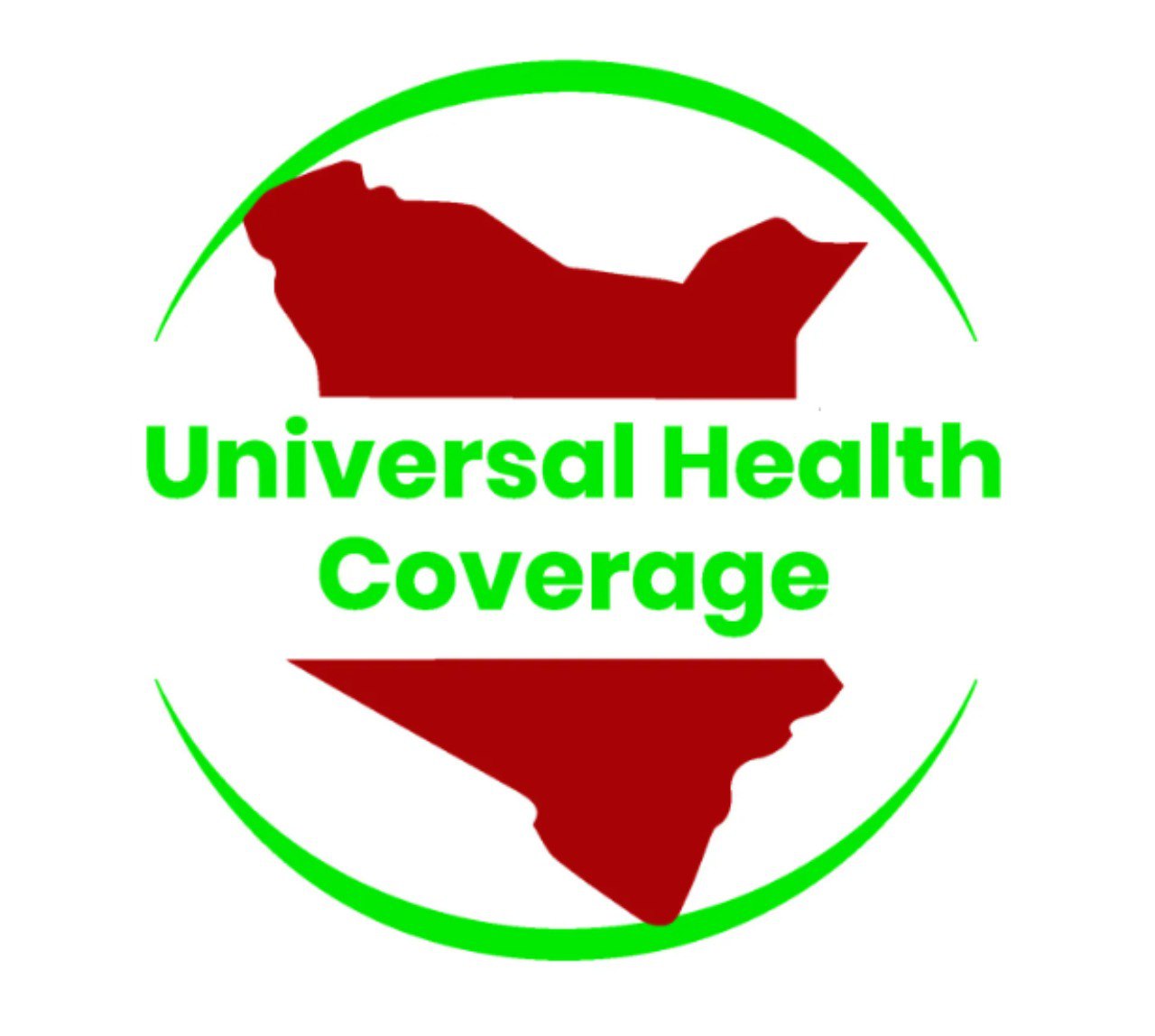A few days back, the Cabinet Secretary in the Ministry of Health in Kenya revealed that the medical bills during the onset of COVID-19 have become astronomical. He said that there is need to regulate the fees charged because many people are now facing catastrophic health expenditure and are now being pushed towards poverty. There has been increasing number of people appealing for assistance in settling medical bills, majority of them being in millions. Many have had to sell, sometimes at almost throw-away prices, their properties – cars, houses, farms and other valuable assets towards offsetting the bills.
As it stands, majority of Kenyans still do not have medical insurance cover – whether with the private insurers or with NHIF. This means that payments for bills are from out of pocket, money which most people do not have especially when faced with a devastating health challenge that requires hospitalization. Unfortunately, daily rates for bed alone are on an ever-increasing trajectory, that has made even general ward beds are becoming unaffordable even as the question begs why the figures for bed alone are so high because all other services including nursing care and resources such as gloves and syringes are billed separately.
Commenting on this, Jayesh Saini agrees that bills are greatly different amongst private providers and comparatively higher compared to government and faith-based facilities. Unless there are surgeries or complex interventions such as dialysis and cancer treatment which are costly, generally the most expensive item is medications, especially for the chronic conditions. Jayesh indicates that the aforementioned service providers have totally different rates for drugs noting that both the Government and the Faith-based facilities have greatly discounted prices through KEMSA and MEDS respectively while the private sector does not have such benefits and rely on per facility negotiations. These rates of purchase are handed down to the patients cost as providers also seek to make profit to ensure their facilities remain in business.
From a consumer point of view, it is good that the government intervenes to ensure that people are not exploited by over greedy providers who capitalize on the notion of high demand calls for high rates. There should be upper limits beyond which service providers cannot charge their patients for all services rendered. This will play a very major role in ensuring that UHC is not bungled by high bills that can be avoided. While the government is considering the steps of this regulation also, they should ensure that the private sector is not pushed into a position of compromised service delivery to keep afloat but well thought out, actuarial based, scientific and experiential considerations must be in the least applied to come up with what is practical so that even the private sector can be involved effectively in UHC. The government, much as it would want to, is currently not able to provide required services to all the population but needs to partner with the private sector recognizing that they have been key influencers in the direction healthcare is taking in this country.



















